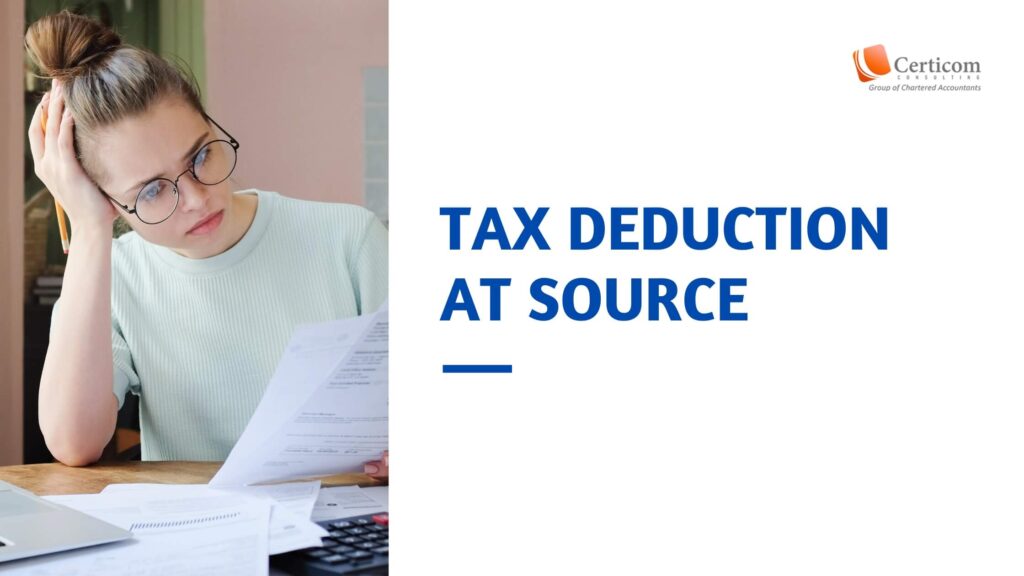- Have any questions?
Creating a Strategy for Tax Savings in FY25 with ELSS Mutual Funds

Are you still adhering to the old tax regime? Considering tax savings under Section 80C? With the commencement of a new financial year, it’s an ideal moment to strategize tax-saving endeavors. Many financial advisors advocate for early tax planning rather than leaving it until the eleventh hour.
Investors can commence by allocating Rs 1.5 lakh through various investment modes like lump sum, SIP, or STP in ELSS funds to avail tax benefits under Section 80C. ELSS, or Equity Linked Savings Schemes, channel investments into equities, offering investors the choice between dividend or growth options. Individuals can invest up to Rs 1.5 lakh in ELSS within a financial year for tax savings. Given their equity investments, ELSS funds present the potential for higher long-term returns.

With the commencement of the new fiscal year, what is the appropriate allocation for the ELSS schemes? First and first, if you are subject to the old tax regime, confirm that you are not also subject to the default new tax regime, as Section 80C advantages are exclusive to those who are subject to the old tax regime. If you are still paying taxes under the previous system and you need to save Rs 1.5 lakh in taxes under Section 80C for tax benefits, deduct anything that has already been paid, such as insurance premiums and pre-tax savings funds. Thus, after deducting everything, the remaining sum can be used to fund ELSS plans.
Section 80C provides investment choices such as ELSS funds, NPS, ULIP, PPF, EPF, FD, SSY, and NSC. The three-year lock-in period of the ELSS schemes is shorter than that of any other options made available under Section 80C.
Do you have questions or concerns about the potential earnings from investing in ELSS schemes?
As an equity investor, you are aware of the advantages that potential ELSS funds have over other securities. The potential yield of an ELSS fund is greater than that of any other Section 80C investment product. While products like ELSS funds have the ability to yield double digit returns, PPF, EPF, and FD are more on the debt side and can only yield an 8% return.
ELSS plans have yielded an average return of 20.05% during the past three years. Around 36 ELSS programs were in place during that time. With a return of almost 29.03%, Quant ELSS Tax Saver Fund had the highest yield. The oldest plan in the category, SBI Long Term Equity Fund, returned 28.43% during that time. With respect to managed assets, the largest fund in the category, Axis ELSS Tax Saver Fund, provided the lowest return, approximately 11.86%.

The average return on the ELSS plans during the last five years was 17.73%. Approximately 32.01% was the maximum return offered by Quant ELSS Tax Saver Fund.
Considering making an investment in an ELSS plan to reduce your taxes? Which course of action to take? In your financial plan, debt and equity are included. Instead of dividing at the Section 80C level, divide according to your financial strategy.
Investors seeking to reduce their taxes under Section 80C of the Income Tax Act are advised to consider tax saving or education loan savings plans. Investors may deduct up to Rs 1.5 lakh from their taxes in a given fiscal year by investing up to that amount in these schemes.
Related Post
Filing your income tax return early this year? Understanding these 5 essential points is crucial.
CBDT Introduces Enhanced Feature in Income Tax AIS: Track Your Correction Request Status Now
Book A One To One Consultation Now For FREE
How can we help? *




